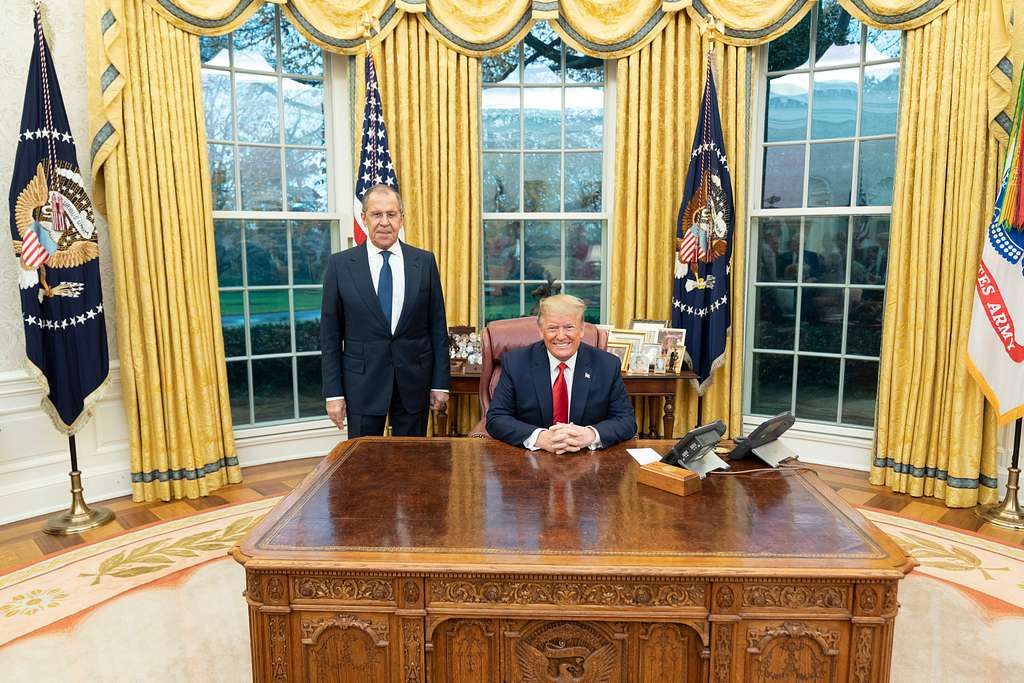U.S. to Send Anti-Missile System and Troops to Israel Amid Ongoing Israel-Lebanon-Gaza Conflict and Potential Iran Threat

The U.S. Department of Defense has announced the deployment of an advanced anti-missile system and U.S. troops to Israel, an unprecedented move outside of military drills. Historically, U.S. forces have supported Israel from warships and fighter jets during times of conflict, but this direct on-the-ground involvement is rare. The decision comes at a time of escalating violence involving Israel, Hezbollah in Lebanon, and Palestinian factions in Gaza, with concerns that Iran could soon join the fray, significantly intensifying the conflict in the region.
Immediate Impact of U.S. Military Deployment
The deployment of U.S. troops and the advanced anti-missile system is a significant escalation of U.S. support for Israel. It sends a clear message of solidarity with Israel amid growing threats from multiple fronts, particularly Hezbollah in Lebanon and Hamas in Gaza, both of which have ties to Iran. While the U.S. has provided military and intelligence support from a distance in past conflicts, the stationing of troops on Israeli soil marks a strategic shift that underlines the gravity of the situation.
The introduction of U.S. military personnel and advanced defense systems will undoubtedly bolster Israel’s existing defense capabilities, which include the renowned Iron Dome missile defense system. The U.S. systems, such as the Terminal High Altitude Area Defense (THAAD) or Patriot, are designed to intercept medium- to long-range missile threats, which could become crucial if Iran decides to enter the conflict.
Potential Iran-Israel Escalation
The prospect of an Iran-Israel war looms large, as Iran has long been a supporter of Hezbollah and other factions opposed to Israel. Tehran’s influence over Hezbollah in Lebanon and Hamas in Gaza has been a key factor in the current conflict, and it is not far-fetched to imagine Iran becoming more directly involved. If Iran were to launch an offensive against Israel, the presence of U.S. forces would complicate the situation significantly. Any attack on Israel that also involves American personnel could draw the U.S. into direct conflict with Iran, potentially leading to a broader regional war.
Iran has already expressed opposition to U.S. involvement in the region and may view this deployment as a provocation. Tehran’s military capabilities, especially its missile programs, are well-documented, and it has previously targeted U.S. forces in Iraq and Syria. A direct confrontation between U.S. and Iranian forces would have far-reaching consequences, not just for Israel and Iran but for the entire Middle East.
Hezbollah’s Role and Regional Dynamics
Hezbollah, the Lebanese militant group, has been launching attacks against northern Israel, prompting retaliation from the Israeli military. With its significant arsenal of missiles and rockets, Hezbollah poses a serious threat to Israel, especially in the context of a multi-front war. The group’s close ties to Iran make it a key player in any potential Iran-Israel conflict, and its actions could serve as a prelude to broader hostilities.
The U.S. deployment of anti-missile systems could deter Hezbollah from launching larger-scale missile attacks, as these advanced systems are capable of intercepting a wide range of threats. However, Hezbollah may escalate its attacks if it perceives the U.S. involvement as a direct threat to its operations.
Gaza Front and Palestinian Factions
In Gaza, militant groups such as Hamas and Islamic Jihad have been firing rockets into southern Israel, leading to intense Israeli airstrikes in retaliation. The addition of U.S. missile defense systems could provide Israel with even more layers of protection against these attacks, allowing it to focus on offensive operations against Gaza-based militants.
However, the U.S. involvement may also serve as a rallying point for Palestinian factions and their allies, who view American support for Israel as a key factor in the continuation of the conflict. This could lead to increased hostilities and further complicate efforts toward a ceasefire or peace negotiations.
Global and Regional Consequences
The U.S. deployment of troops and missile systems to Israel has wide-ranging implications for global geopolitics. For U.S. allies in the region, such as Saudi Arabia and the United Arab Emirates, the move may be reassuring as it demonstrates continued U.S. commitment to the region’s security. However, for adversaries like Iran, it will likely be viewed as a provocative act that could push the region closer to a broader war.
Russia and China, which have strong interests in the Middle East, may also view the U.S. involvement with caution. Both nations have sought to expand their influence in the region, and a U.S.-led escalation could force them to take sides or become more active diplomatically to prevent the situation from spiraling out of control.
Conclusion: A Potential Turning Point
The deployment of U.S. troops and an anti-missile system to Israel amid ongoing conflicts with Hezbollah, Gaza, and the looming threat of Iranian involvement marks a significant escalation. While the move strengthens Israel’s defense capabilities, it also increases the risks of drawing the U.S. directly into the region’s complex web of hostilities. If Iran were to become more involved, the conflict could expand beyond the borders of Israel and Lebanon, potentially triggering a larger, regional war. For now, the U.S. deployment is a clear signal of its unwavering support for Israel, but it also underscores the fragility of the current situation and the potential for a broader conflict with far-reaching global consequences.







